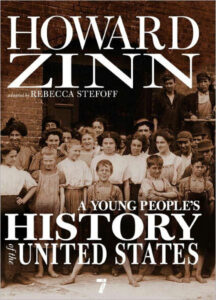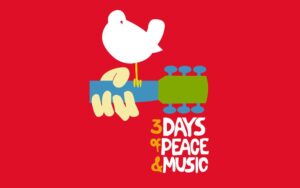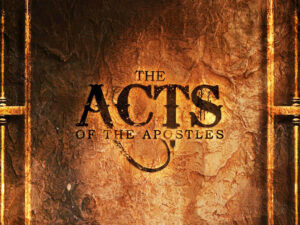 The boys drink and review Troegenator by Troegs brewing, and then discuss our non-sensical energy policies.
The boys drink and review Troegenator by Troegs brewing, and then discuss our non-sensical energy policies.
In the same week California announced that all new cars in California could not be powered by gasoline after 2035, they announced the grid was having trouble and would people please refrain from charging their electric vehicles. Did they have the sense to recognize the humor in that?
To power all these lovely new electric cars, California would have to triple its generating capacity and vastly expand and enhance its power grid. Are they willing to spend that money and risk the wrath of the environmentalists?
The only possible way to achieve this goal is to use nukes. But the left hasn’t been willing to do that.
It’s as if energy policies are being written by ideologues rather than engineers. We’re planning to get rid of the energy that works to replace it with energy that doesn’t work.
Even if we make this transition from fossil fuels to other sources, what are we going to do with all the old batteries and solar cells? Do we have any idea or plan for that?
And since we clearly need to move to nuclear if we want to move to an electric-based energy economy, are we planning new nuclear plants?
We are not governed by serious people.
 P&C drink and review
P&C drink and review  P&C drink and review Coffee Among Friends Vanilla Latte Milk Stout by
P&C drink and review Coffee Among Friends Vanilla Latte Milk Stout by  The boys drink and review Crowhill’s 2022 Christmas Ale, then discuss censorship.
The boys drink and review Crowhill’s 2022 Christmas Ale, then discuss censorship.  In this special edition of Nooze and Booze, Pigweed and Crowhill do a spontaneous, off-the-cuff tribute to Queen Elizabeth II, who died on Sept. 8, 2022.
In this special edition of Nooze and Booze, Pigweed and Crowhill do a spontaneous, off-the-cuff tribute to Queen Elizabeth II, who died on Sept. 8, 2022.  Pigweed and Crowhill review an imperial stout and discuss humor.
Pigweed and Crowhill review an imperial stout and discuss humor.  Woodstock is said to have defined a generation. The original plan was for about 50,000 people, but close to half a million people arrived on Max Yasgur’s dairy farm in Bethel, New York. The operations were a mess. The roads weren’t adequate. There weren’t enough porta-potties, security, or food. And there was a nasty storm. Despite the mess and the miserable circumstances, it was mostly peaceful, and the police said the attendees were courteous, considerate and well-behaved.
Woodstock is said to have defined a generation. The original plan was for about 50,000 people, but close to half a million people arrived on Max Yasgur’s dairy farm in Bethel, New York. The operations were a mess. The roads weren’t adequate. There weren’t enough porta-potties, security, or food. And there was a nasty storm. Despite the mess and the miserable circumstances, it was mostly peaceful, and the police said the attendees were courteous, considerate and well-behaved.  With special guest Longinus, the boys review
With special guest Longinus, the boys review  Along with special guest Longinus, P&C drink and review a homebrewed brown ale, then discuss the Book of Acts, as part of their “shortcut to the classics” series.
Along with special guest Longinus, P&C drink and review a homebrewed brown ale, then discuss the Book of Acts, as part of their “shortcut to the classics” series.  The boys drink and review
The boys drink and review  The boys drink and review
The boys drink and review  The boys drink and review
The boys drink and review  The boys drink and review two awful beers from Heavy Seas, then discuss gay parenting in general, with a particular emphasis on the recent discussion on the topic between Jordan Peterson and Dave Rubin.
The boys drink and review two awful beers from Heavy Seas, then discuss gay parenting in general, with a particular emphasis on the recent discussion on the topic between Jordan Peterson and Dave Rubin.